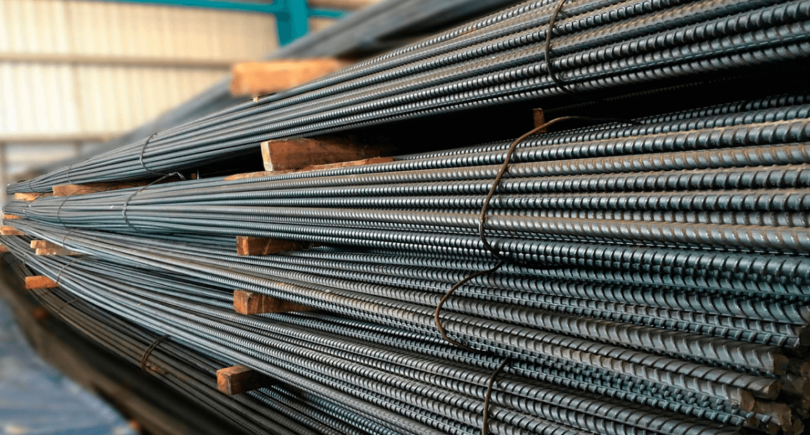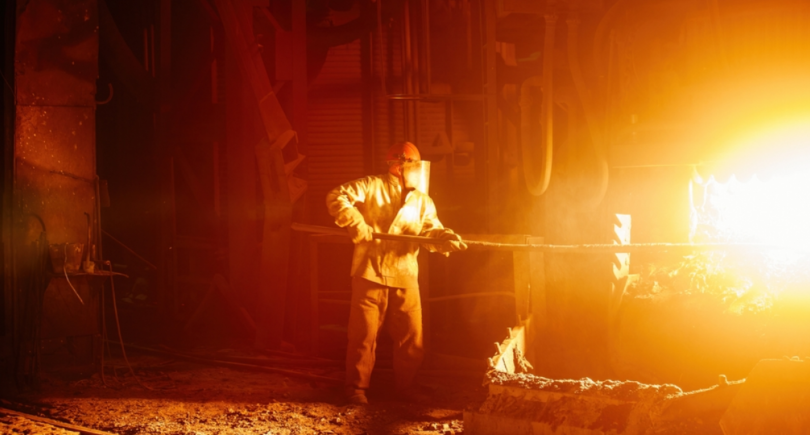
Trade Union Federation demands to prevent deindustrialization of the region
The IndustriAll Europe trade union federation has called on the EU to take urgent measures to prevent the deindustrialization of the region and invest in industrial jobs.
As noted, European trade union leaders have expressed their concern about the state of affairs in a number of industries, including steel. On February 5, industrial workers demonstrated in Brussels, organized by industriAll Europe.
“Today, Europe faces a choice – either deindustrialise, lose our jobs, our industrial leadership, and leave Europe dependent on imports, at the mercy of decisions made elsewhere in the world, or invest in our jobs using all the tools available to ensure our industrial autonomy and our economic security,” said Judith Kirton-Darling, Secretary General of IndustriAll Europe.
According to the appeal, since 2008, Europe has already lost 2.5 million jobs in industry, almost 100 thousand in the steel sector alone, and the situation is deteriorating in all industrial sectors – not only the “old” ones, but also new, green ones, such as wind turbines and batteries.
IndustriAll Europe demands that the EU urgently take a number of emergency measures:
- implement a European program, identical to the times of the pandemic, supporting a moratorium on forced dismissals and the loss of industrial capacity,
- end austerity, allowing environmentally friendly industrial investments to flourish,
- use public procurement and funds to stimulate demand,
- not to offer “blank” checks to businesses, but to provide jobs and investment guarantees for every euro of support,
- ensure the sustainability of European industry in global markets by combating overcapacity, unfair trade and dumping.
The European Commission is due to publish its Clean Industry Agreement on February 26. Kirton-Darling emphasizes that it should be an agreement between workers, industry and national governments. It should be based on investments in a just transition, with guaranteed workers’ rights, and include social conditions related to state support for industry.
On the eve of the demonstration, the European Steel Association (EUROFER) supported it. In particular, they noted that as the dangerous state of the steel industry becomes more and more apparent, support for it at the level of European institutions is increasing.
Following the presentation of the Competitiveness Compass, which correctly identifies the vulnerability of the European steel industry in the face of low demand, high energy prices and unfair competition, steelmakers expect that both the Clean Industry Agreement and the Steel and Metals Action Plan will offer real solutions.
In December, EUROFER and industriaALL called for a steel summit. The meeting was to discuss urgent issues and an action plan on steel.




